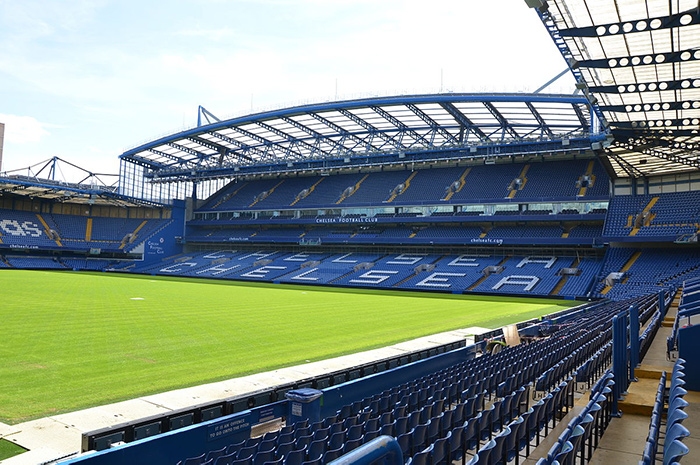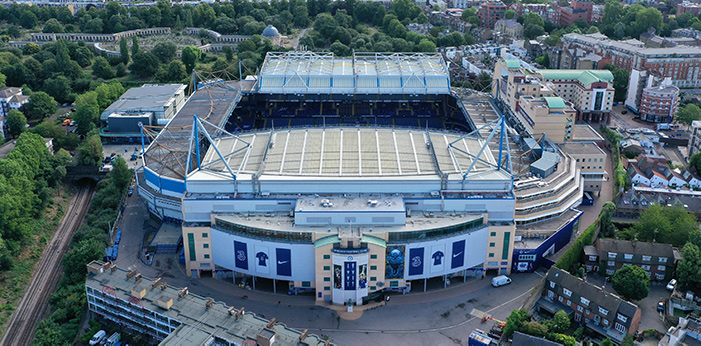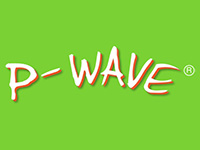The Impact Of the Sanctions On Roman Abramovich & Chelsea FC
 ● Premier League club frozen as part of action; proposed sale halted for time being.
● Premier League club frozen as part of action; proposed sale halted for time being.
● The Stamford Bridge club will be given a special licence to continue operation, but under limited terms.
● Stadium will remain open but the Chelsea club shop must close, no more match tickets can be sold.
● Fans who bought season tickets or individual match tickets before today can attend games. Refreshments will be served.
● Club can fulfil fixtures and pay wages of all employees, including players and coaching staff.
● No new player sales or purchases will be permitted under the licence, and discussions on new deals for players who are out of contract in the summer must go on hold.
● Chelsea can pay "reasonable" costs of travel to and from fixtures but not exceeding £20,000 per game per team.
● Pay "reasonable" costs towards hosting home fixtures, not exceeding £500,000 per fixture per team.
● Broadcasters can broadcast any fixture involving the club.
● Existing sponsorship and commercial deals will also be at threat, with Chelsea shirt sponsor Three ‘reviewing’ the situation of their agreement.
Chelsea face an uncertain future after Roman Abramovich has been added to the government's list of sanctioned individuals in response to the catastrophic Russian invasion of Ukraine. The government has announced sanctions against Chelsea owner Roman Abramovich, after the Russian had recently announced plans to listen to offers for the Premier League club.
The most immediate impact concerns the sale of the club, with the Russian's proposed sale put on hold as his assets are frozen. Abramovich had issued a statement confirming his plans to sell up, with a bid coming in from a consortium led by American businessman Todd Boehly, but no sale had been announced before the government's actions.
The club will be permitted to continue playing games under a special licence permitted. However, the impact on supporters is already being felt, with the club forbidden from selling match tickets for the time being.
“Today’s sanctions obviously have a direct impact on Chelsea and its fans,” said Nadine Dorries, secretary of state for culture, media and sport. “We have been working hard to ensure the club and the national game are not unnecessarily harmed by these important sanctions. To ensure the club can continue to compete and operate we are issuing a special licence that will allow fixtures to be fulfilled, staff to be paid and existing ticket holders to attend matches while, crucially, depriving Abramovich of benefiting from his ownership of the club. I know this brings some uncertainty, but the Government will work with the league and clubs to keep football being played while ensuring sanctions hit those intended. Football clubs are cultural assets and the bedrock of our communities. We're committed to protecting them.”

While Chelsea are permitted to continue playing games, the measures mean they are not permitted to sell more tickets for their games. This means season tickets will still be able to attend games at Stamford Bridge, but tickets for the home end will not be available to purchase. Tickets already sold will remain valid. Food and drink purchases inside the stadium are believed to remain unaffected by the changes, even as limits are placed on who is permitted to attend matches.
The Blues' club shop has also reportedly been closed amid the sanctions, though at the time of writing the Blues' online megastore remains accessible. Beyond this season, a ban on new transfers and contracts threatens to impact Chelsea's on-pitch future, with more information no doubt to follow in the coming hours…















































